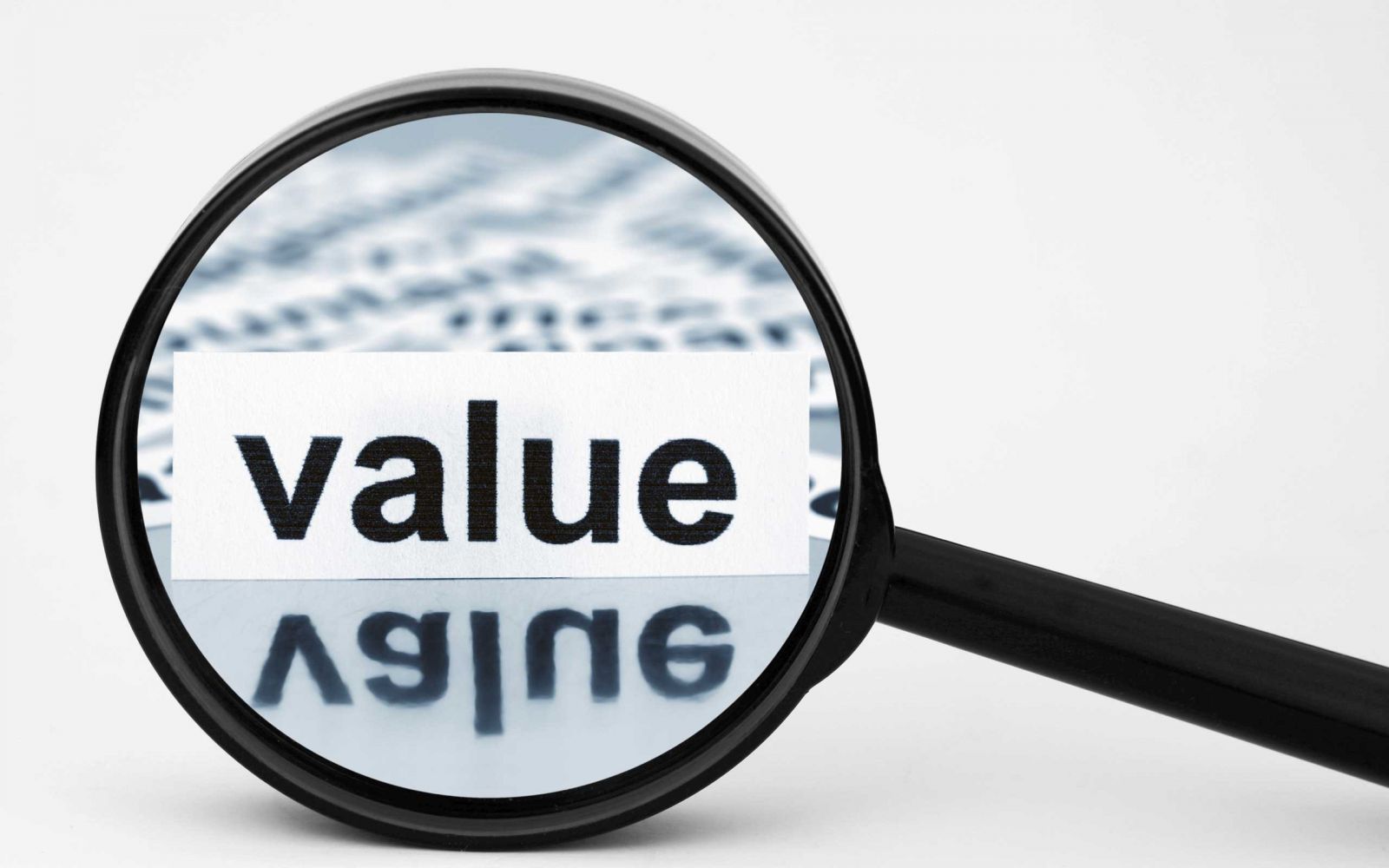Why is it important to determine corporate value?
Determining the value of a corporate brings many benefits to the owner:
-Protect corporate
-Know the ability of enterprises to adjust to improve efficiency in business and production
-The determination of enterprise value is an important basis for enterprises to attract capital from financial investors.
-Determining the enterprise value derived from the requirements of the acquisition, merger, consolidation or division of the corporate. This type of transaction takes place regularly and is common in the market mechanism.
-Especially in the context of current M&A activities, the determination of enterprise value becomes even more important.

How to determine your corporate value?
The value of a corporate cannot be determined by just one formula.
Talking to a professional appraiser about corporate or investment banking is the best way to get an accurate assessment.
A review is meaningless, unless the developer or buyer agrees with your assessment.
You should do at least one basic valuation calculation on an annual basis.
When you run a small company, you are responsible for handling many tasks. From accounting to marketing to product development to service delivery, small business owners are busy. While time is a luxury, small business owners should take the time to determine the value of their business regularly.
Small company are being acquired at a rapid pace, so it's important to always be ready to sell your corporate. Even if you don't want to sell it, it's always good to know the value of your corporate.
Determining the value of your corporate can be easier said than done. If you are unsure how to determine the value of your corporate, it is important that you speak to a business professional to get an accurate assessment. We spoke with experts, who share a few tips for corporate so you can determine the most accurate value.

“Unfortunately, if we had 10 people in a room trying to determine a price for our business, we would most likely get 11 different answers,” said David Creech, owner of DVAR Business Group said.
Before getting to the formula, it's important to determine the used seller's profit (SDE) and earnings before interest, amortization, and debt (EBITDA). SDE refers to the net income of a business before deducting the owner's wages. Other, inactive usage costs are added to the calculation.
Calculating EBITDA is obvious, because the phrase already describes the calculation. In general, SDE is for calculating the value of small businesses, while EBITDA is used for larger businesses.
Some use $1 million in annual sales as the benchmark for the difference between a small business and a larger business, but there's no fixed rule for when you should use SDE or EBITDA.
“I like to use the SDE model when I value small businesses,” says Creech. “I check profit/loss statements, determine owner benefits and add, then add to net income. I then use this amount and multiply, giving me a specific number. That way I will have an approximate industry figure to start negotiating with potential customers.”
The key point in determining business value
Knowing the value of your own business is very helpful, and there are a few different ways to come up with a valuation. Regardless of the method you use, consider updating your calculations annually and speak with a professional business appraiser for the most accurate valuation possible.












Replies to This Discussion